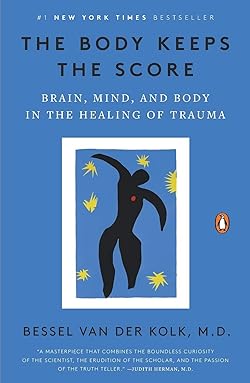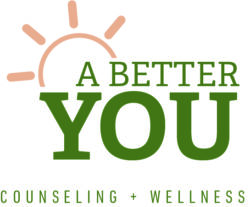The Body Keeps the Score: Brain, Mind, And Body In The Healing Of Trauma
By: Bessel Van Der Kolk, M.D.

Why hello there…. March. Spring is in the air here in Pennsylvania. The changes in temperature, the trees gaining back their spirit and all of the blooms are beginning to sprout. Many of us (myself included) feel a sense of revitalization when this time of the year occurs. It is the hope of something new, something fresh and the ability to be more in tune with your environment. What a lovely opportunity to take some time and put in the work to your own mental well-being. The body has this incredible ability to rebuild, to redefine, and redetermine how it wants to continue functioning in life. This supports the ongoing work that needs to be done when working through trauma. In any person’s experience, the after effects and residual hurt that remains in such experiences also presents with the ability to learn different ways to function. Different ways to heal and move forward. Take some considerations such as “ Is this a way I want to continue feeling or thinking about that time in my life? Is what I am doing a functional way to deal with my experience? Are there other options that I am capable of putting into practice that can help me live the life I want?” Let this be an opportunity in your growth and living the life that you hope to live.
This month’s reading has to do with body awareness, and explore facets of the brain and body that are capable of shifting perspectives. The brain has this ability to change and adapt per its circumstance. In a trauma scenario, the brain very well may adapt in an ineffective way that disrupts a person’s ability to function. In Bessel van der Kolk’s The Body Keeps the Score: Brain, Mind, And Body in the Healing of Trauma the reader is able to gain skills, ideas and explore connections from the areas of brain, mind and body in order to begin or reconfigure the healing of trauma. In this book the ability to connect functions between the brain, mind and body is key. The author asserts the research framing how the physical body responds to emotional needs or distress. For instance, when the need is higher or feels too big to deal with, the physical body reacts. This recognizes the importance of having an awareness of emotions, identifying that emotion, restructuring that emotion as it sits with you and configuring a different way for its function. With this read, take the time to heal, take the time to consider a new way and champion your journey.
-Jenna Kagarise, MA, NCC
